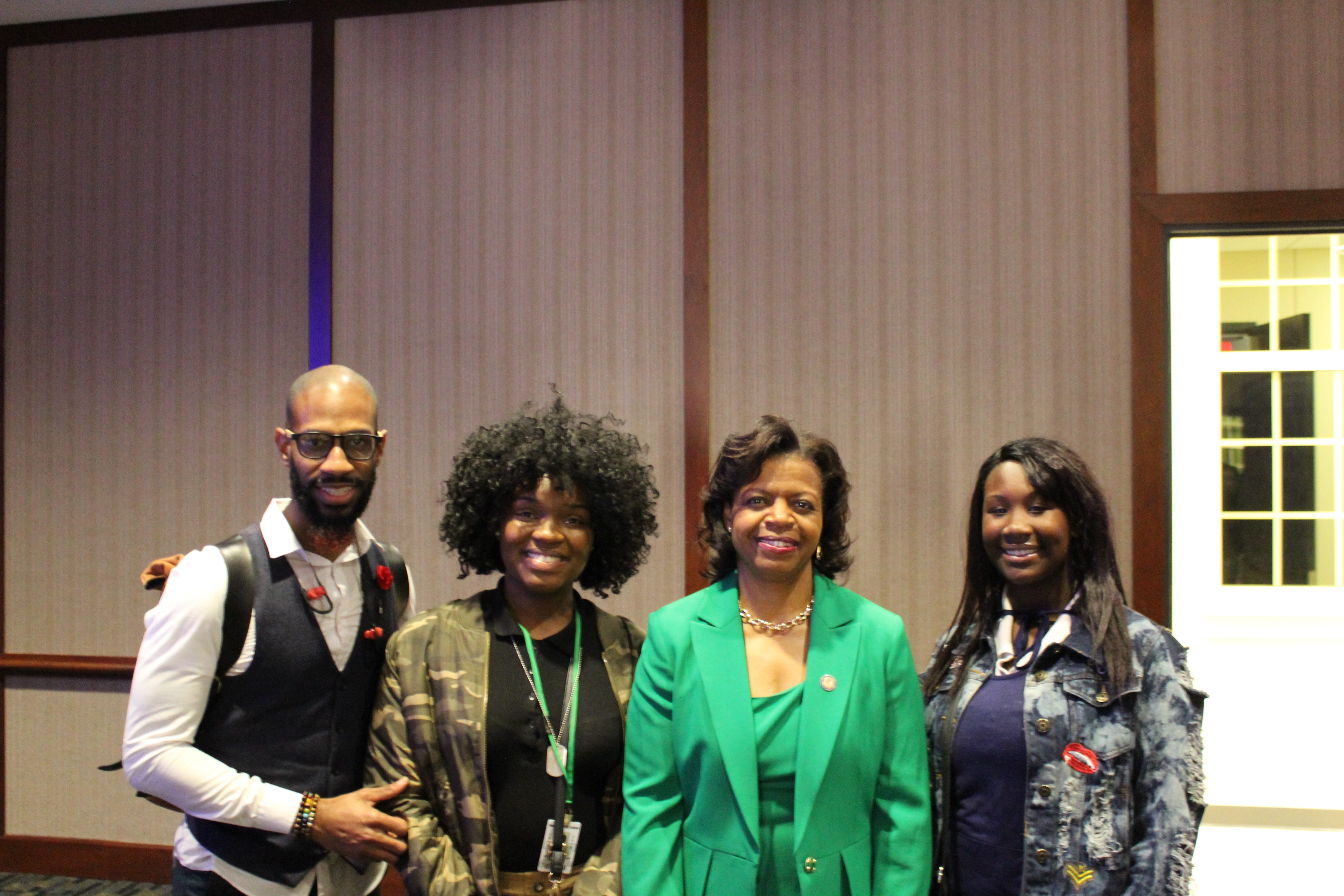North Carolina Supreme Court Justice Cheri L. Beasley presented Samford’s 24th annual Thurgood Marshall Symposium.
At the event, Beasley honored Samford’s first African-American student, Audrey Gaston Howard. Howard enrolled in Samford’s Cumberland School of Law. Last month, Samford celebrated 50 years of racial integration.
Along with the 24th annual Thurgood Marshall Symposium, Samford has planned three other events throughout February to celebrate Black History Month. Black History Month spans all of February.
Besides Samford’s anniversary, Beasley said this year also marks the 200th anniversary of Frederick Douglass’ birth and the 50th anniversary of the sanitation worker strike in Memphis, Tennessee.
Beasley said Martin Luther King Jr. was supposed to speak at the strike, but was assassinated before the event. However, Beasley said her cousin still attended. Beasley said her cousin marched with 20,000 people.
While preparing for her speech, Beasley spoke to Howard’s son, Charles Howard. While studying at Cumberland, Audrey Howard served as lawyer, wife and mother.
“I needed to sense who this maverick of a woman was, and who boldly stepped foot in this law school where no African-American had stepped before,”she said.
After speaking with Charles Howard, Beasley said she cried.
“I made connections between her journey and mine,” she said.
Even though Beasley said progress has occurred, she said being an African-American woman impacts her work. People stereotyped her when she campaigned for North Carolina’s Court of Appeals in 2008.
During the 2008 election, Beasley campaigned with her 2-year-old twin sons. However, voters thought Beasley should remain at home and raise her children since she was a mother.
Besides voters, Beasley said campaign consultants told her to hide her face in campaign advertisements. In her 2008 and 2014 elections, Beasley’s consultants told her they couldn’t air the advertisements throughout the whole state if her face appeared.
“My race and gender inform the work I do. This is how I live,” she said.
Nevertheless, Beasley challenged these stereotypes and persisted. Beasley won her 2008 election with 60 percent of the vote.
“I’m going to make people’s’ lives better. That’s our mission. Service is important because its abouts something greater than yourself.
Beasley said public service should be emphasized in schools and churches.
Due to her experiences, Beasley said she encourages students to confront racism and bigotry. She said people can’t fear them.
“It dangerous not to talk about race and racism. We must talk about gender and sexaul identity,” she said. “When we talk about these things, we must tell the truth, and the truth isn’t always comfortable.”
Rather than remaining silent, Beasley said students should share their struggles and learn from people who look and act differently. Otherwise, Beasley said anger builds inside people.
“When we stifle these issues there’s no basis for understanding.The more we know about people the better our justice system,” she said.
Beasley said diversity and understanding promote justice, and the U.S.’s justice system should also reflect these ideals. Beasley said many law firms and bar associations across the U.S. lack diversity.
“I can count the number of African-American supreme court justices in the country on a hand and a half,” she said.
William Marlow, News Editor
[photo courtesy of Anna Grace Moore]





